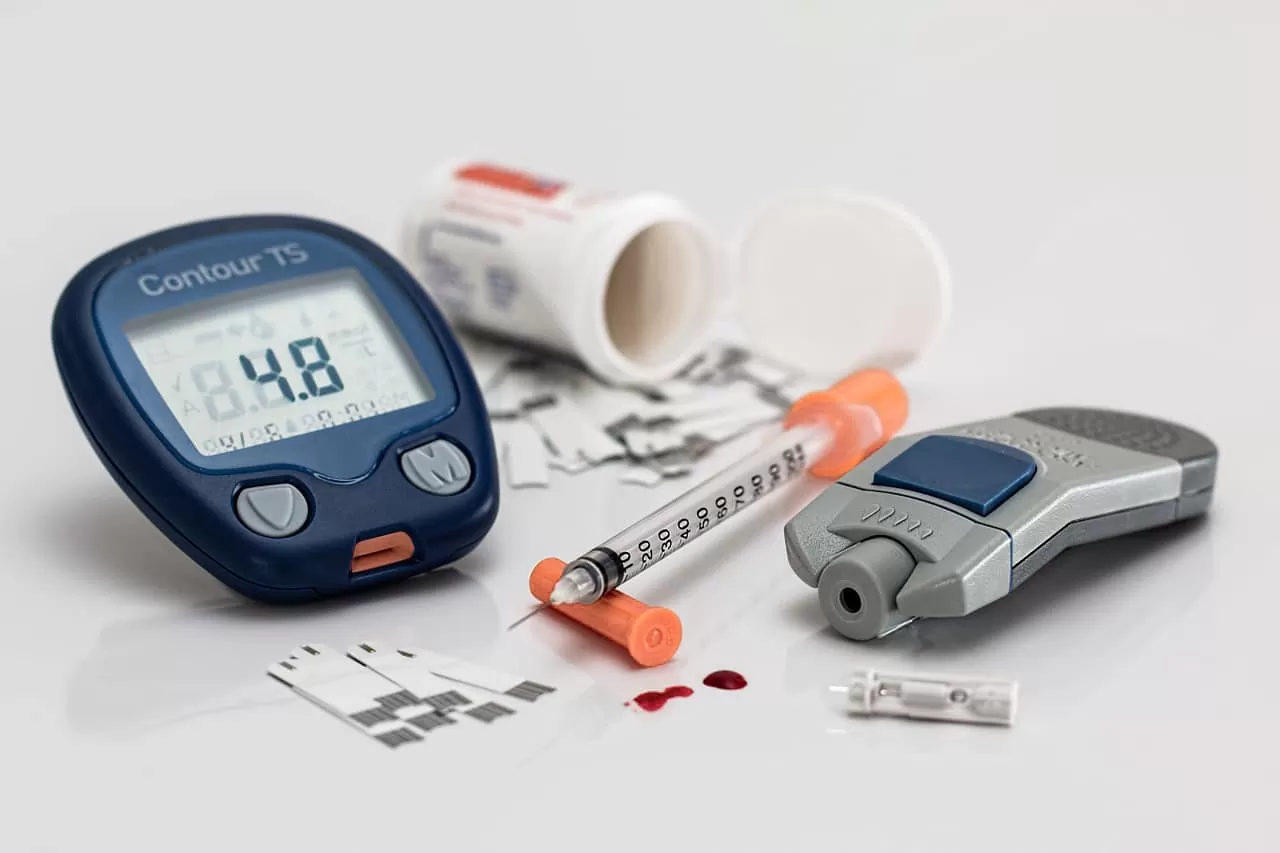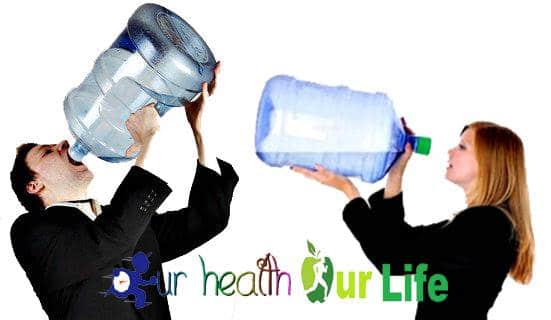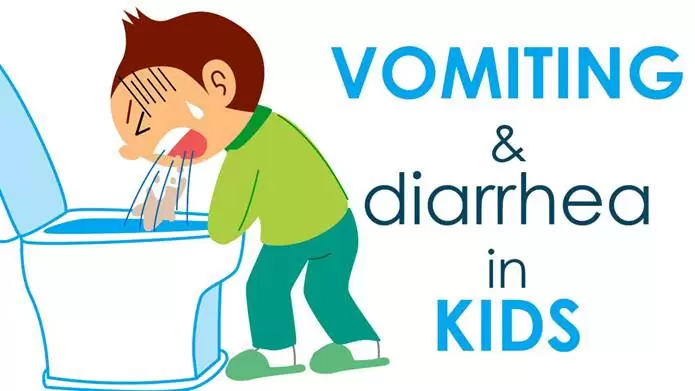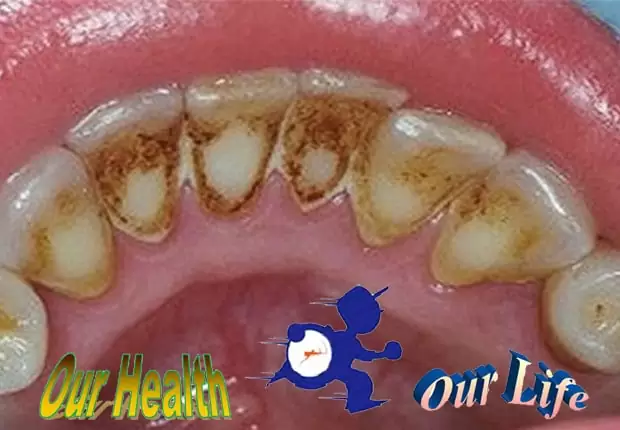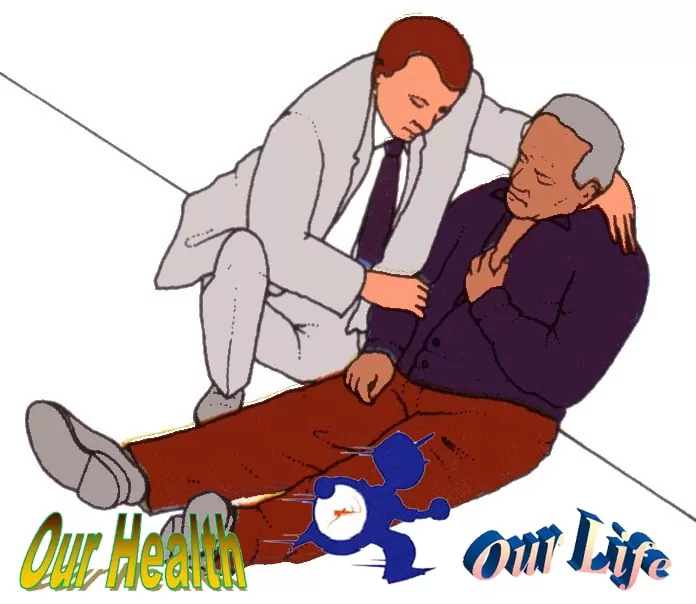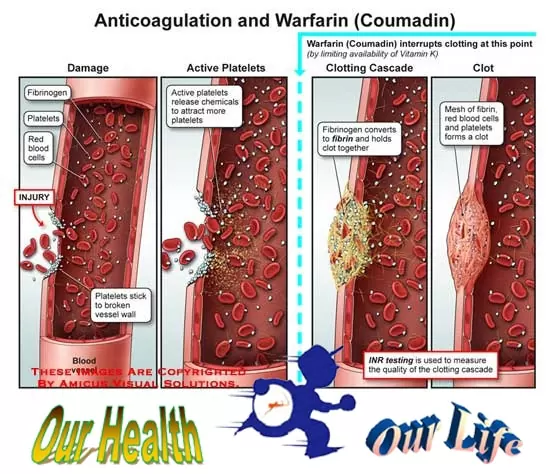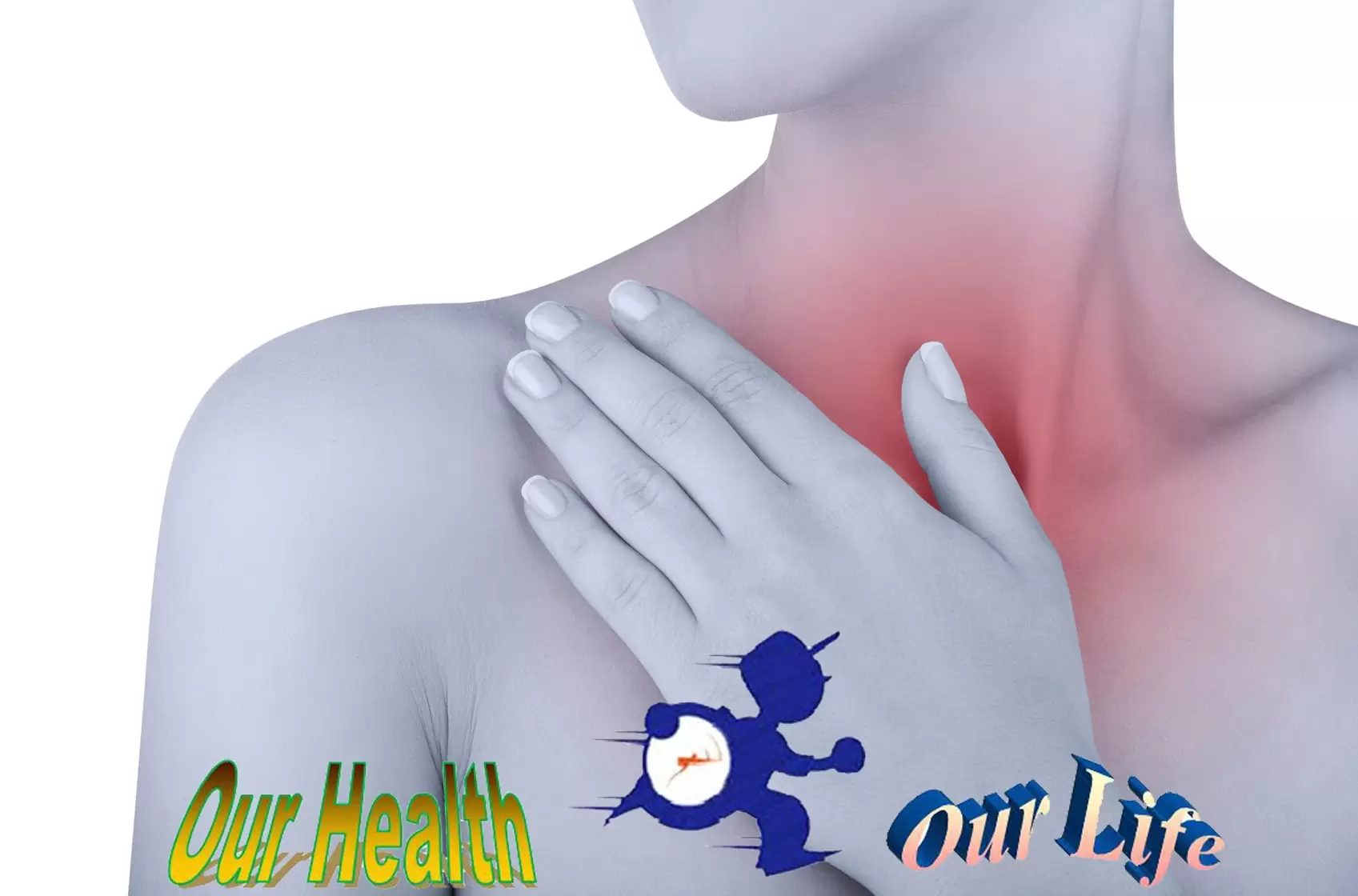Water poisoning, it is also known as water intoxication or just cause of overhydration (though really hyperhydration is what causes poisoning or intoxication).
But beware, note that this factor is presented by consuming plenty of water per unit time, ie drink plenty of water and one not so much drink plenty of water throughout the day.
Obviously everyone is different and therefore may suffer a hyperhydration with smaller amounts drinks water at one compared to others.

